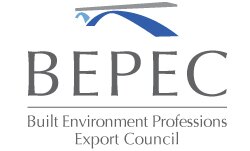Overall, high economic growth rates have not translated into better living standards for Africans. World Bank estimates show that 48.5%of sub-Saharan Africa’s population still struggles to survive on less than $1.25 a day. Job creation has not kept pace with the booming population, which has reached the 1 billion mark – or 15% of the world’s total – and is projected to increase to 20% by 2030. And with falling labor productivity figures and a manufacturing sector that has remained largely stagnant since the 1970s, many African economies trail the rest of the world in competitiveness.
The Private-Public Path to Inclusive and Sustainable Growth
The Competitiveness Report, launched May 9 during the World Economic Forum in Cape Town, shows that 14 out of the 20 least competitive economies are in Africa. To get on a path of sustainable growth and shared prosperity, Africa’s economies need to improve their public institutions and infrastructure, deepen regional integration and provide their citizens with quality education. Private and public sector collaboration is a key element in the drive towards competitiveness.
By instituting the right legal, regulatory and economic frameworks, governments can lay the foundations for a business-friendly environment that allows firms to grow and regional integration to take place. More investments in science and innovation, as well as a focus on skills development and training, will give young Africans the skills they need to compete in the global economy – an urgent need in a continent that is home to 200 million people between the ages of 15 to 24.
